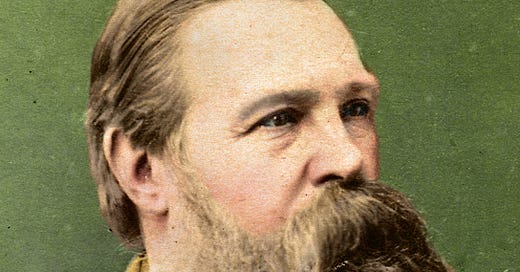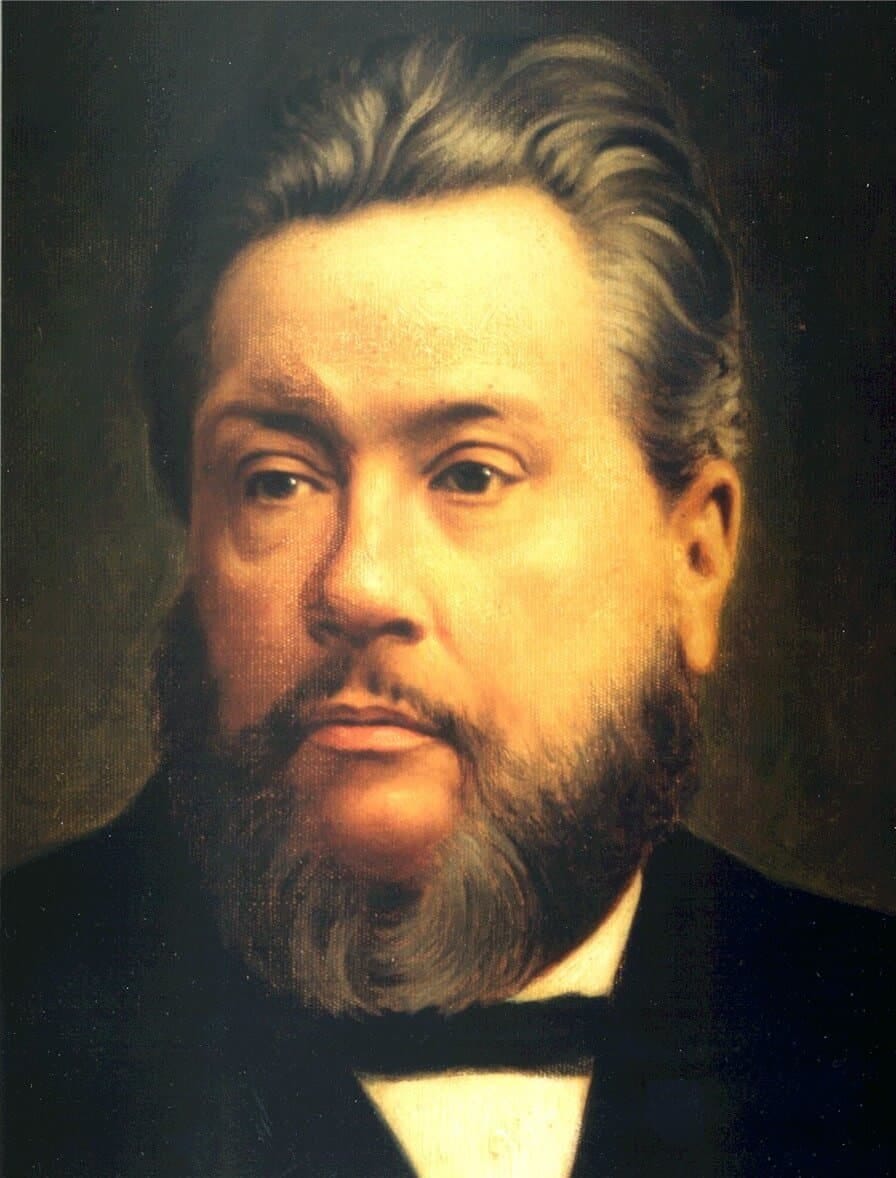In his disquisition on how to write church history, Philip Schaff rightly emphasized that while the actual task of writing history is an art, the historian's first duty is to the truth. He or she must be sure of the facts.
Now, a few days ago, I came across what seemed to me to be a remarkable statement:
Once, when Frederick Engels asked Karl Marx, his longtime friend and co-author of The Communist Manifesto, to name “The characters you most dislike,” Marx gave just one name: Spurgeon.
I initially thought that this must be an urban myth, like Julian the Apostate’s supposed comment as he died in a firefight with the Persians, “You conquer, O Nazarene.”
But as I checked I found that there is indeed truth in the remark, though it was not made by Karl Marx (1818-1883), but by Friedrich Engels (1820-1895).
It can be found in Karl Marx and Frederick Engels, Collected Works: Volume 43: Letters 1868-70 (Lawrence & Wishart, 2010; digital edition), page 541, which contains “Frederick Engels Confession.”
This text consists of a list of likes and dislikes by Engels.
Opposite the statement “The characters you most dislike” there is one name: “Spurgeon.”
This is telling indeed! A comparative study of C.H. Spurgeon (1834-1892), on the one hand, and Marx and Engels, would be very instructive
.






spurgeon hated christmas! seems like a pretty dislikable guy. He hated catholics too. And also was an open freemason, i.e. a luciferian. why he´s become trendy amongst reactionary prots is beyond me.
It doesn't sound like Spurgeon was very interested in joining secret societies of any kind:
"Connected with this, I may say that a name that is written among the living in Zion is a good name. Oh, there is nothing like it. Some men are very anxious to get their names upon the roll of this club or of that, or of some wonderful secret society,—or to get their names into the peerage. It is thought to be a wonderful thing to be a nobleman, though it is better far to be a noble man. But the best list of names on earth seems to me to be the list of the people of God. I should count it a higher honour to be inscribed on the church book of a humble company of baptized believers meeting in a barn than to wear a name imported by the Conqueror, and written in the roll of Battle Abbey. The pedigree of saintship confers honour such as angels recognize; all else they think little of. Are you one of God’s believing people? Have you taken up your cross, resolved to follow Jesus? Do you, as a servant, and as a soldier, bear his name as your Master and Captain? Then you have a good name, and there is a sweetness about it better than the perfume of precious ointment."
C. H. Spurgeon, “The Believer’s Deathday Better than His Birthday,” in The Metropolitan Tabernacle Pulpit Sermons, vol. 27 (London: Passmore & Alabaster, 1881), 146–147.